Global warming, and its effect on climate, is one the most pressing issues facing the world today. Despite much already having been written on the urgency with which we must reduce greenhouse gas emissions, pull carbon out of the air, and redesign our social-environmental systems towards new ways of doing business, most decision makers, from individual consumers to world leaders, have been excruciatingly slow to take action.
Wetlands, which act as natural carbon sinks and support biodiversity, are increasingly recognized as vital to climate resilience. However, experts warn that many communities still lack awareness of their ecological importance.
BirdLife Zimbabwe and the Restore Eden Initiative, a local environmental group from Marondera, recently organized an educational tour of Monavale Vlei, one of Zimbabwe’s seven designated Ramsar sites, wetlands protected under an international treaty for their environmental value.
BirdLife Zimbabwe Education Officer Ronald Chirimuta says involving young people in wetland conservation is key to sustaining long-term environmental protection efforts.
The goal is to foster a lasting culture of environmental responsibility that goes beyond policy and becomes part of everyday practice.
“The basic reason for this is that we want young people to be involved in issues of wetland conservation and wetland management.”
“It is critical for young people to be involved in these issues because we are the leaders of tomorrow and even now.”
“What we had today was a field visit, but we are also planning to organise a webinar where youth from different regions of the country can share the challenges they face in protecting wetlands, the successes they have achieved, and the additional steps that can be taken to improve wetland management and conservation,” he said.
Participants were encouraged to adopt and promote wetland restoration models like that of Monavale Vlei in their own communities.
“We need youths to be aware of what is going on and what actions we can take to protect our wetland ecosystem. We are working to involve young people in wetland management and encourage them to replicate the Monavale Vlei wetland restoration model in their communities.”
Restore Eden Initiative team leader Donovan Makuzo, highlighted the urgent need to raise awareness among grassroots communities about the vital role wetlands play in sustaining life and climate resilience.
“There is a need for grassroots communities to understand what is happening in wetlands. They need to be aware of the importance of what we are trying to protect for our common future. Only then can everyone be involved in the protection of these ecosystems.”
He noted that many people farm in wetlands not only out of necessity but also because they lack understanding of the ecological importance of these fragile ecosystems.
“People may farm in wetlands partly because of hunger, but also because they do not fully understand how important these areas are,” he added.
Donovan said it was important for grassroots communities to understand wetlands issues discussed at international forums, noting that decisions made by policymakers can only succeed if they are supported and implemented at the local level, where communities play a key role in conservation efforts.
“We are also aware that our country will host Ramsar COP15, and we felt this was a crucial time for young people at the grassroots level to gain an understanding of the issues being discussed in the news. We know that resolutions made at the top can only be effective if they are understood and supported at the grassroots, where they are ultimately implemented.”
With a growing number of environmentally conscious young people are increasingly aware of the severe consequences of inaction on climate change. Recognizing that the planet is approaching critical ecological tipping points, they are turning to nature-based solutions, with wetlands gaining renewed attention.
Climate advocate Tariro Maisiri said it is crucial to protect wetlands, noting that they function as interconnected systems rather than isolated ecosystems.
“Wetlands exist in belts, meaning what happens in one area can have ripple effects on others,” she said.
“Taking care of them is not just about preserving a single site, but about maintaining the health of an entire ecological network that supports biodiversity, water regulation, and climate resilience.”
Blessing Dube, a member of the Restore Eden Initiative, said wetlands function as natural filters, absorbing pollutants, sediments and excess nutrients from water sources.
“Wetlands are nature’s filters, they act like giant sponges, trapping pollutants, sediments, and excess nutrients from the water.”
This process improves water quality by breaking down harmful substances and preventing contamination of larger bodies of water.
“This natural process not only improves water quality but also protects rivers and lakes from contamination, making wetlands essential for both people and ecosystems.” she added.
The tour is part of wider efforts to encourage grassroots involvement in environmental protection, ahead of Zimbabwe hosting the 15th Meeting of the Conference of the Contracting Parties to the Ramsar Convention on Wetlands (COP15) in Victoria Falls in July.
Chirimuta noted that Zimbabwe youths are compiling input from across the country to develop a National Youth Position Paper on wetland conservation. The document aims to reflect national priorities and incorporate youth perspectives, with the goal of shaping a unified and inclusive stance on protecting wetlands.
“It is important for us to develop a unified position paper as we prepare for COP15, that includes input from young people across the country. Through this paper, we aim to tell our government and global leaders what we believe should be done to safeguard our wetland ecosystems.”
The COP conference is pivotal for global climate discussions, bringing together leaders, policymakers and environmental advocates to strategise on combating climate change, and it attracts a global audience, providing Zimbabwe with a platform to showcase its tourism; a critical pillar of the economy.
Zimbabwe’s role in hosting this conference is both an honour and an opportunity to demonstrate its commitment to environmental stewardship and international collaboration.

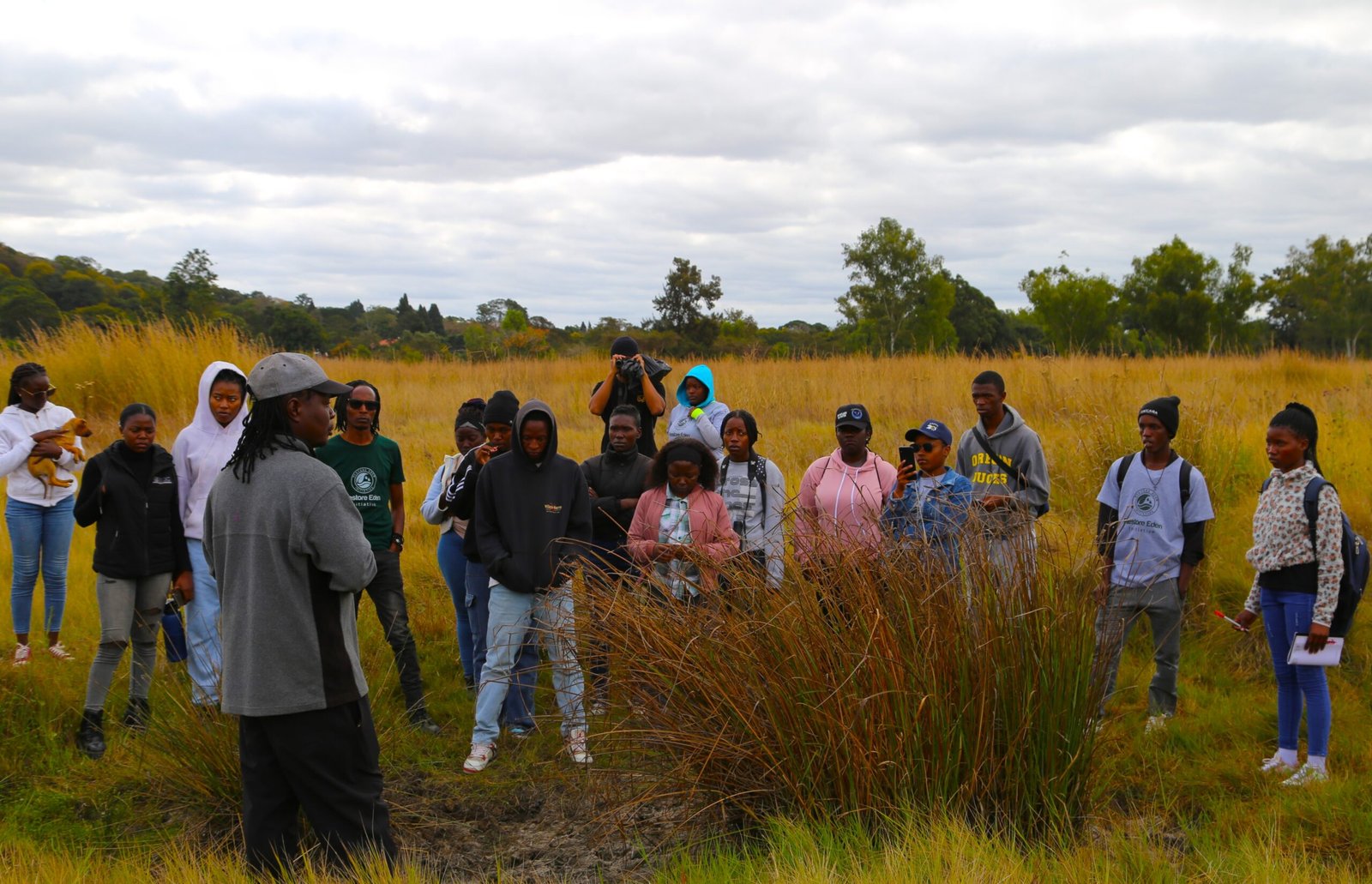
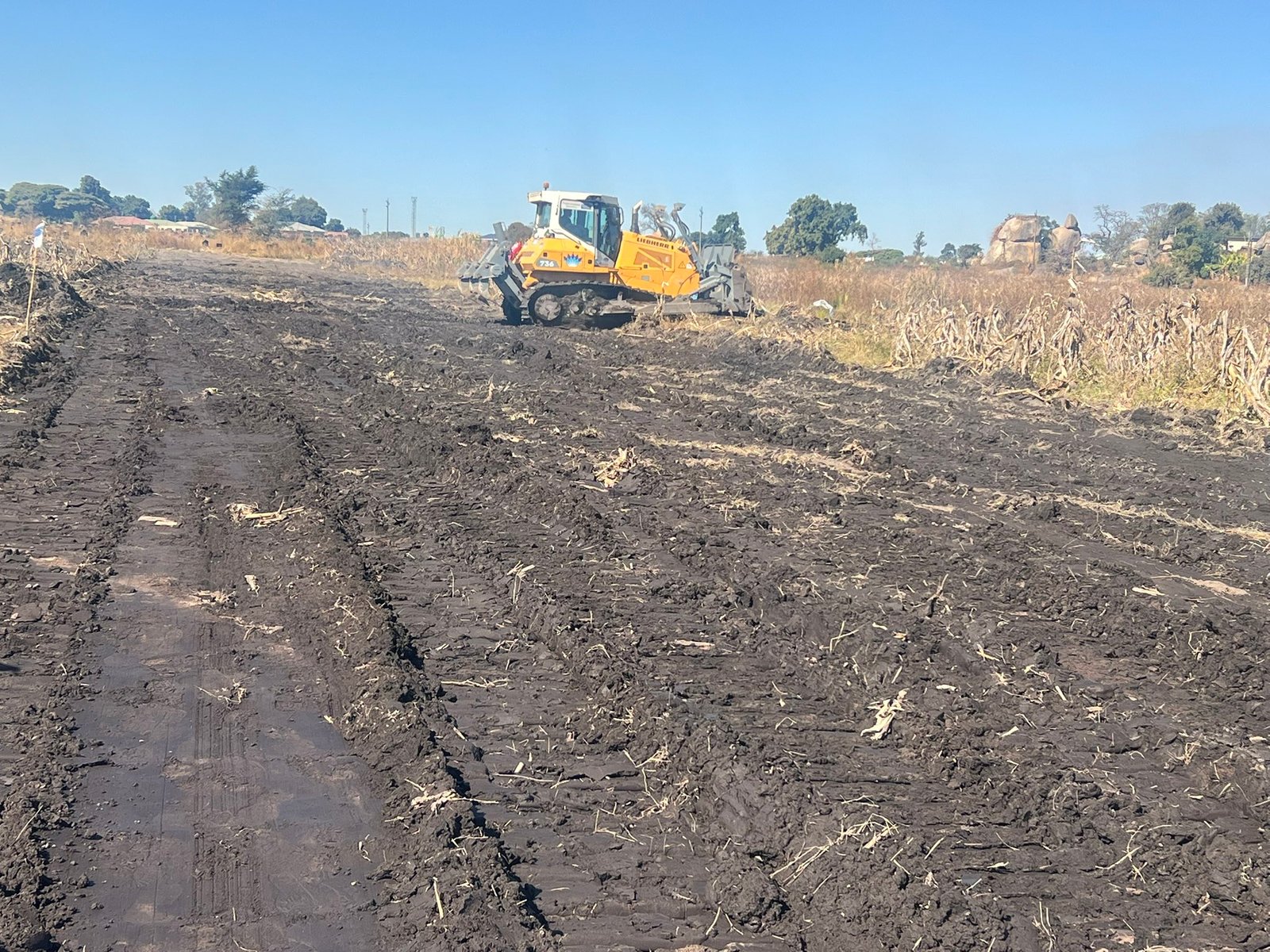
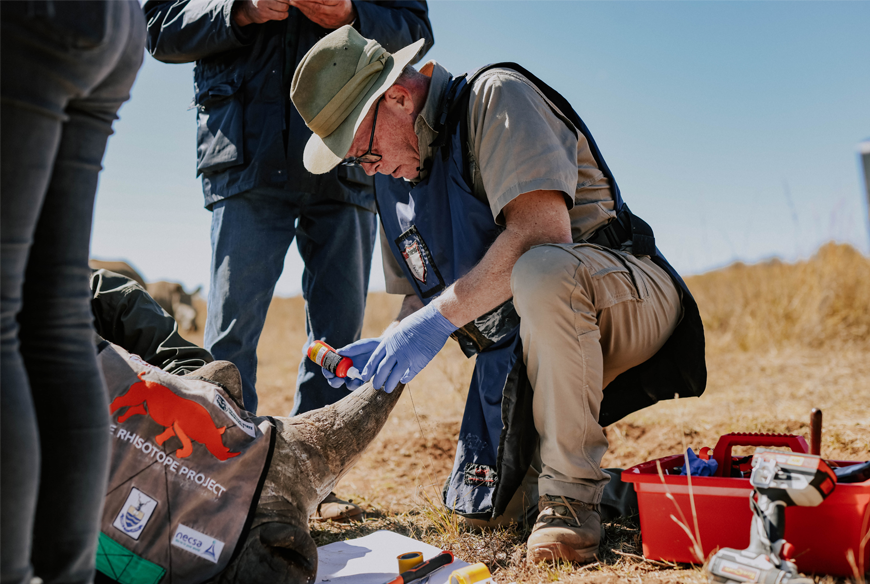
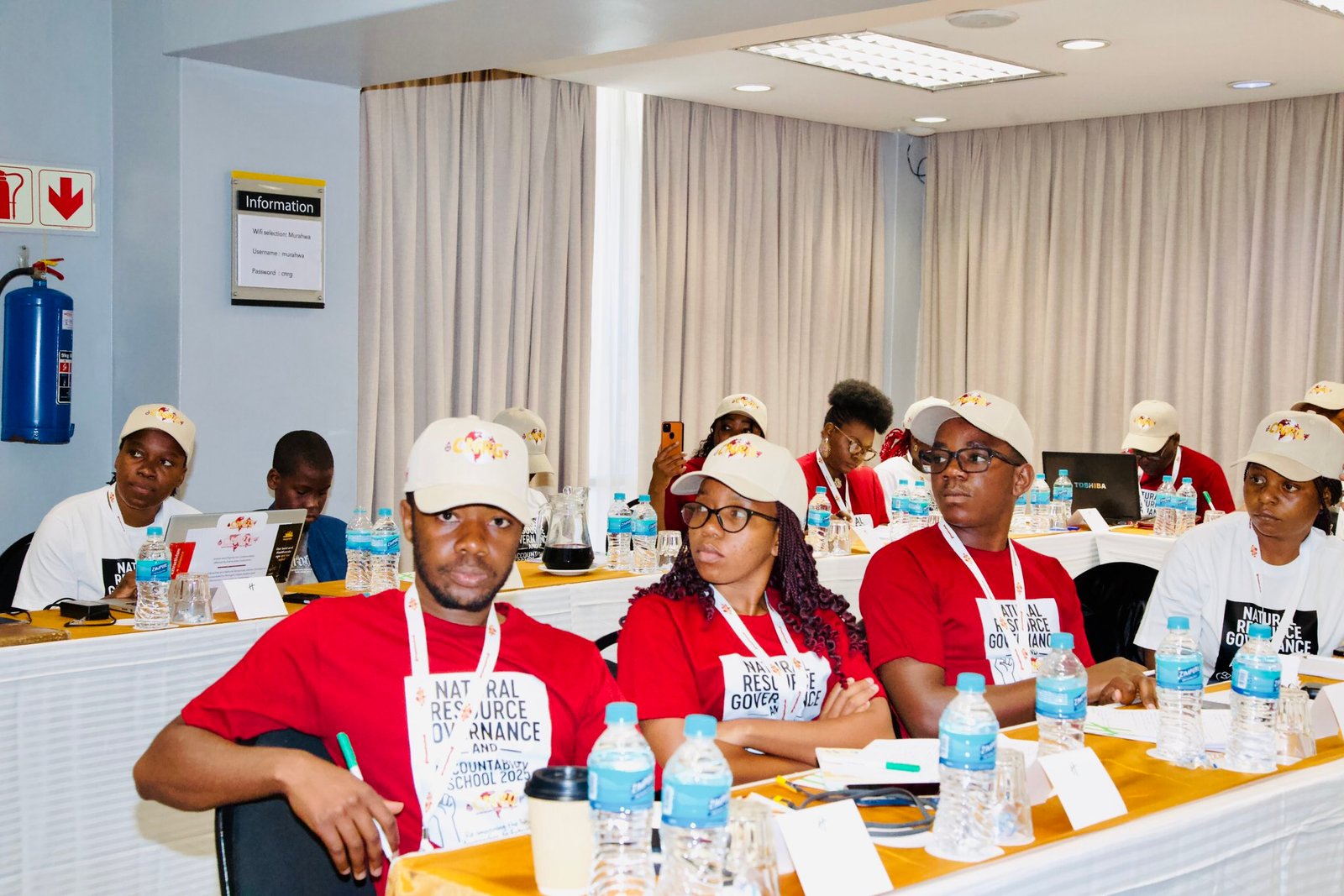
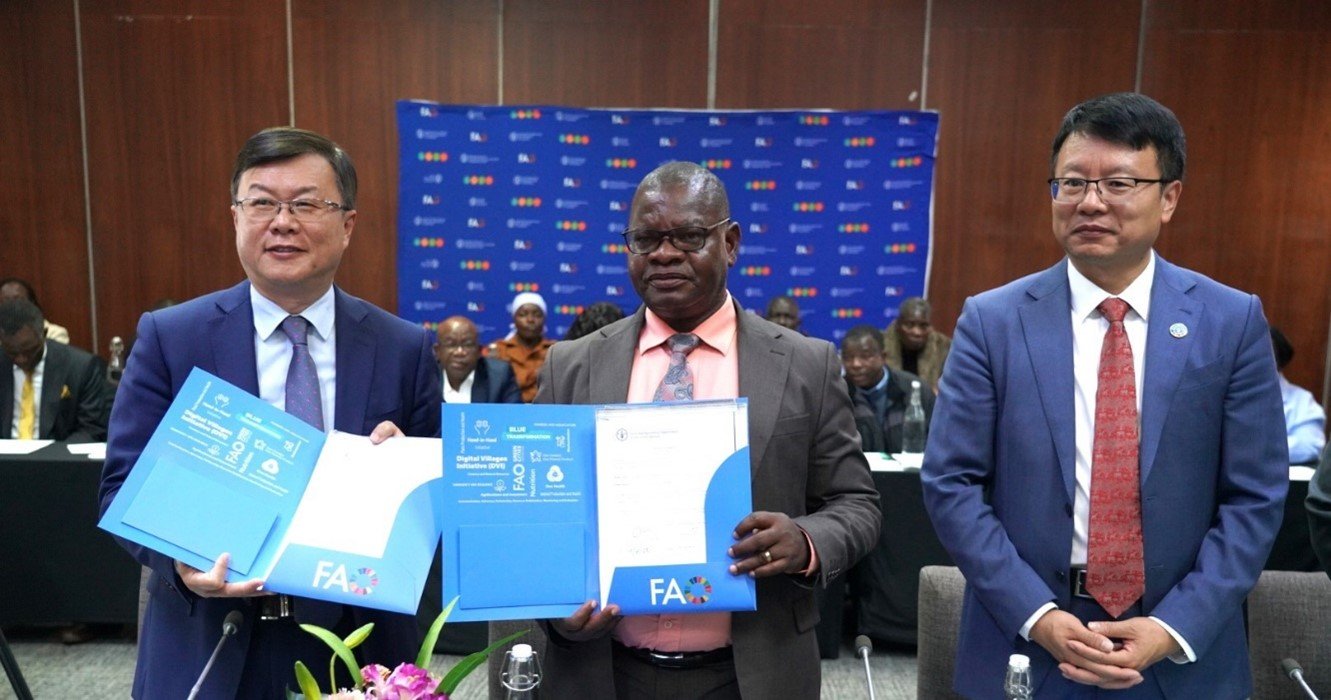
Wow, interesting and an eye opening idea